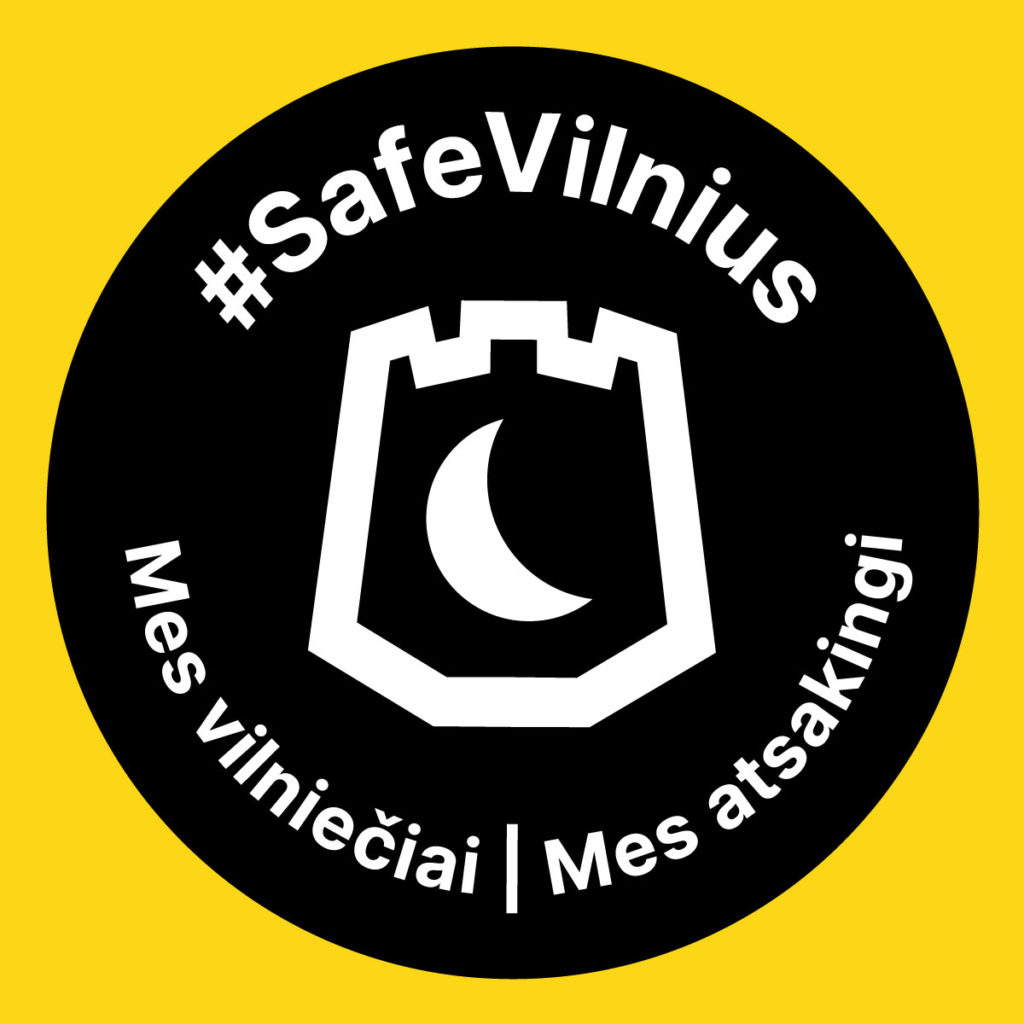Vilnius, Lithuania: A new nightlife safety scheme that keeps bars and nightclubs open

Vilnius, Lithuania, is one of the very few European cities where “for bars and cafes there will be no curfew”.
Bars and nightclubs in Vilnius are still allowed to stay open all night after Vilnius Night Alliance successfully argued that licensed, controlled environments can be safer than the private, uncontrolled and sometimes illegal spaces where people gather if bars and nightclubs are forced to close.
With virus statistics increasing and varying wildly between cities, the national-level government recently devolved policy to municipalities, recommending a curfew for nightlife in many cities including the capital, Vilnius. The Director of the Vilnius Department of the National Public Health Centre declared that it was time for the municipality to step in and declare a curfew, because “we can’t afford the luxury” of keeping nightlife open. It was against this background that negotiations began between the City Administration, the Bars and Cafes Association, the Hotels and Restaurants Association and Vilnius Night Alliance.
Vilnius rules
- 1m distancing in the queue and by the bar
- Masks at all times in all places, except while sitting at a table, standing at the bar or smoking outside.
- Drinks only by the bar or at a table, drinks not allowed on the dancefloor.
- Dancing area should be separated from the drinking area.
- Compulsory hand disinfection at the door, at the bar and in the toilets.
- One-in-one-out when the venue is half-full.
- Registration of all visitors, phone number stored 21 days, data handed to the Public Health Centre on request if a case is confirmed.
- Customers warned only once about violations, then ejected from the premises not to return until at least the next day.
- Daily staff healthcheck and signed journal.
- Cleaning and disinfection compulsory.
- Virus testing compulsory according to Public Health Centre rules.
- Rules posters in visible places by the door, in corridors and in toilets.
- Extra training for all staff.
